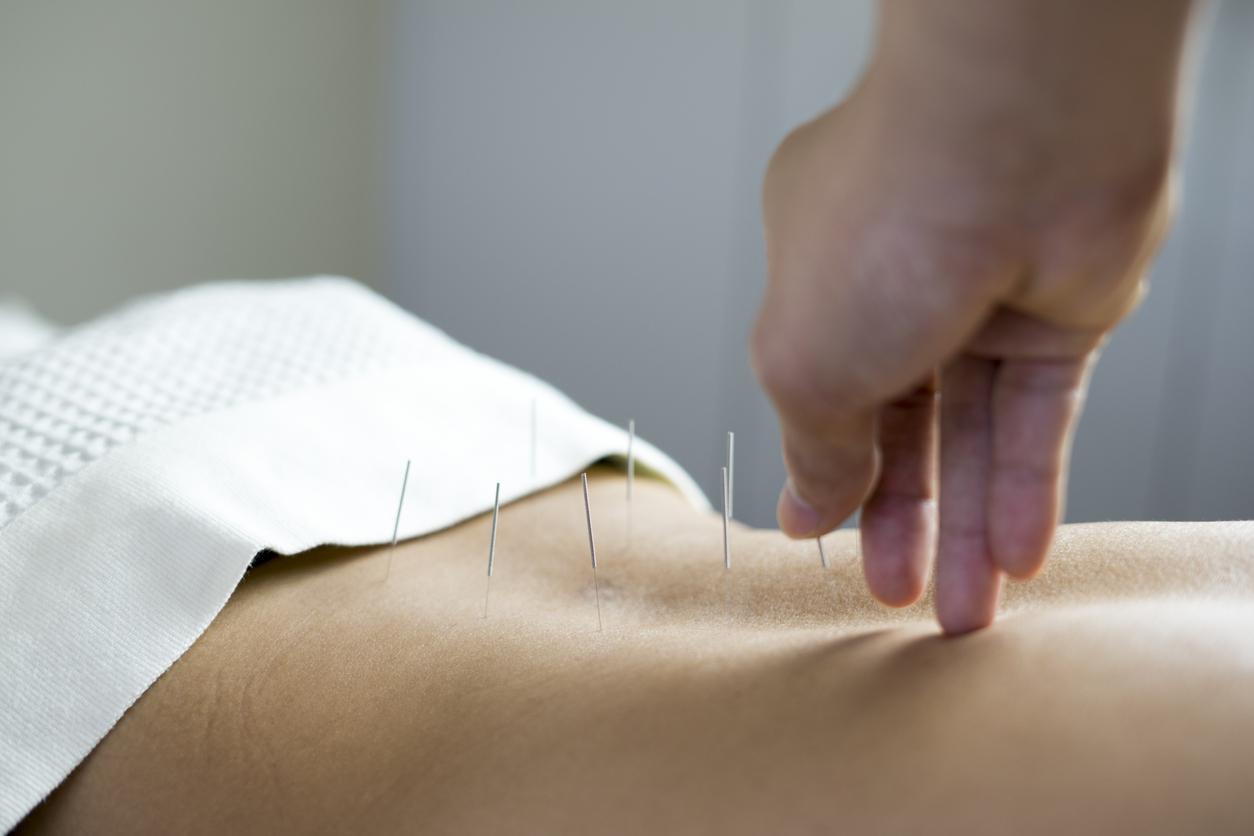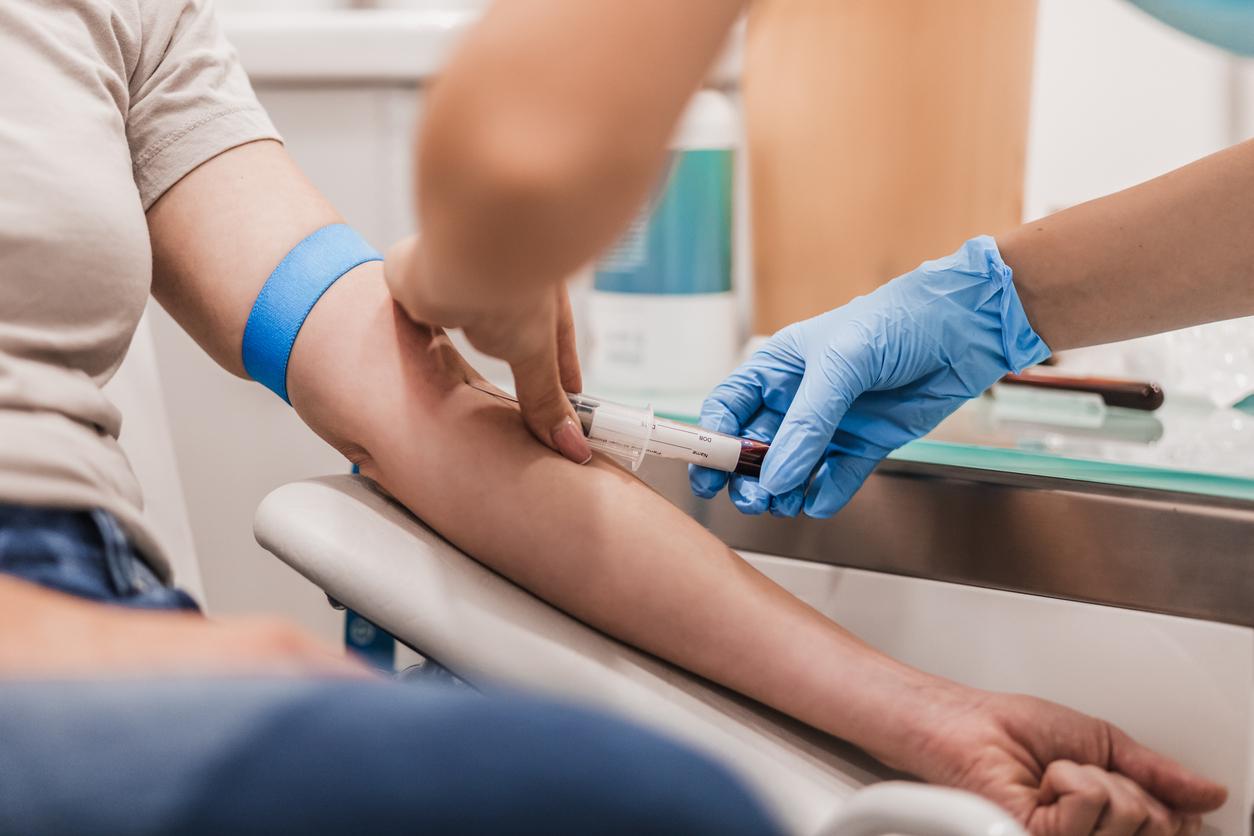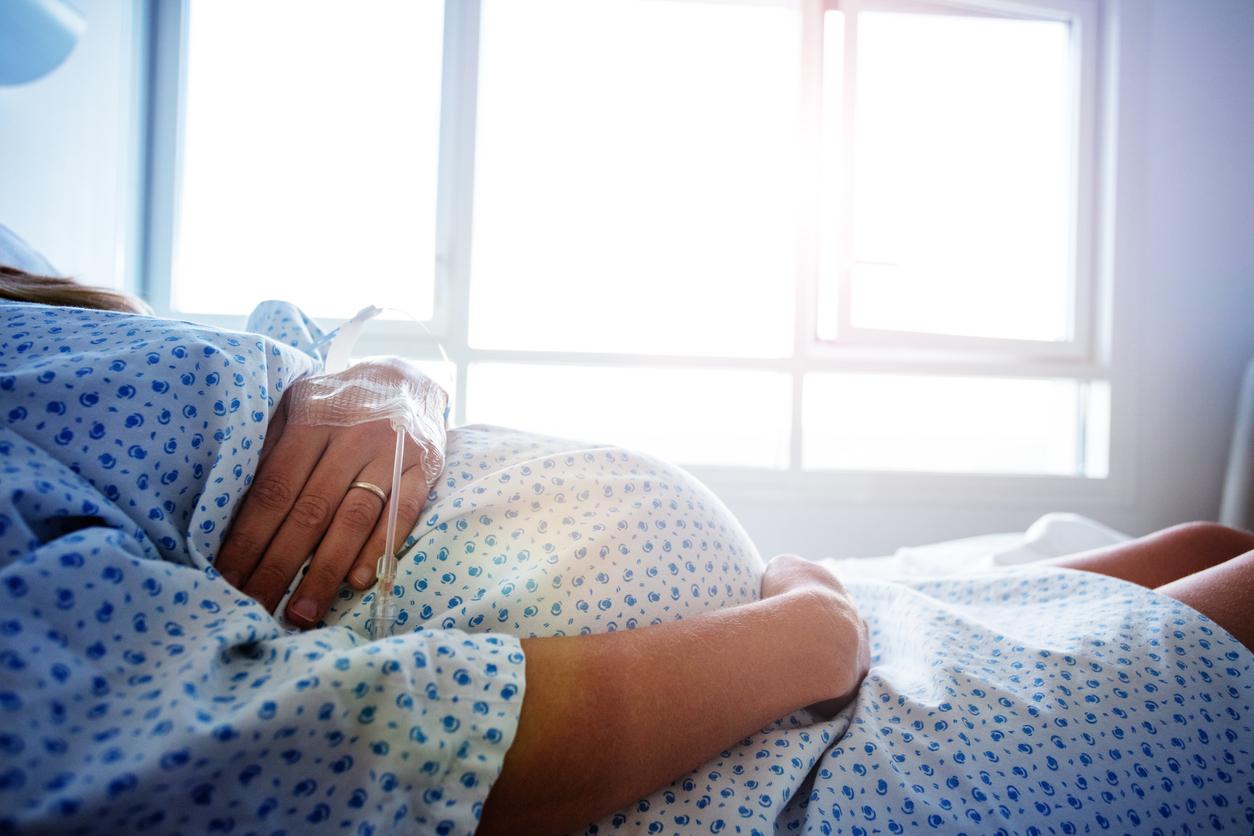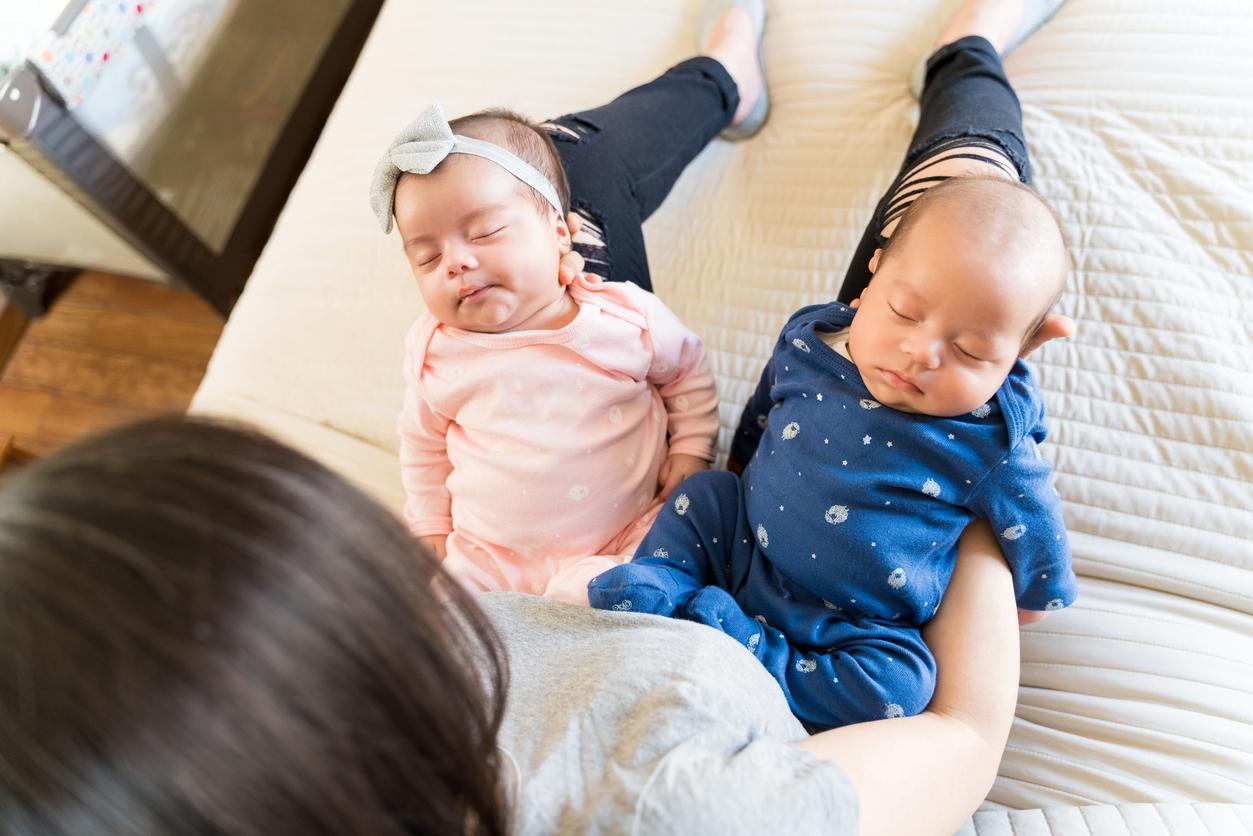Traditional Chinese medicine is associated with a higher risk of birth defects, according to a new study.

- Traditional Chinese medicine is used to relieve some of the ailments associated with pregnancy.
- According to a new study, it would be associated with a risk of congenital malformation.
- The authors believe that it is necessary to identify the teratogenic substances used in traditional Chinese medicine.
Traditional Chinese medicine has been around for thousands of years. Thanks to different techniques, such as acupuncture or Tai Chi, it aims to restore “the balance internal” and the “traffic of energy”as explained byFrench Union of Traditional Chinese Medicine Professionals. But is this traditional medicine suitable for everyone? According to a study, it could increase the risk of birth defects when performed on pregnant women. The results of this work are published in Acta Obstetricia and Gynecologica Scandinavica.
Pregnant women: what is the interest of traditional Chinese medicine?
A working document of theAcademy of Medicine, published in 2013, takes stock of the potential applications of traditional Chinese medicine. Its authors have analyzed various studies published on the effects of these techniques, in comparison with more traditional methods of care. “Physiotherapy and acupuncture relieve lower back and pelvic pain in pregnancy better than usual care, and acupuncture works better than physiotherapythey observed. Similarly for the pain of childbirth, acupuncture would reduce the pain, thus improving the management and reducing the use of drugs..”
For the authors of this new study, researchers from various Chinese universities, the data are insufficient regarding the risks of congenital malformations associated with these traditional techniques. Their study therefore aimed tocompare the prevalence of birth defects between pregnant women who have been exposed to traditional Chinese medicine and women who have not used it”.
Pregnancy and traditional Chinese medicine: what are the risks of congenital malformation?
For their work, they observed the data of more than 16,000 women who received obstetric care in Chinese hospitals. All had answered questions about their use of traditional Chinese medicine, before and during pregnancy. A total of 273 congenital malformations were identified. “Fetuses exposed to traditional Chinese medicine were 2.1 times more likely to develop birth defects compared to those who were not exposed to it.”, conclude the authors. They note “significant associations” between traditional Chinese medicine and congenital malformation in women who used these techniques early in their pregnancy and in those who used more than two. “To improve traditional Chinese medicine, we need to pay more attention to its dangers, especially identifying teratogenic ingredients, while also evaluating its therapeutic effects.“, says one of the main authors of this research, Jiang-Nan Wu.
Traditional Chinese medicine: what is the legislation in France?
In France, only acupuncture is recognized by the health authorities. This means that acupuncture, if prescribed by a doctor, can be reimbursed by health insurance, up to 70%. “However, it can only be performed by doctors or midwives.specifies a document of theNational Assembly. With the exception of acupuncture, Chinese medicine therefore remains an untested technique that does not benefit from any recognition from the health authorities..”

















